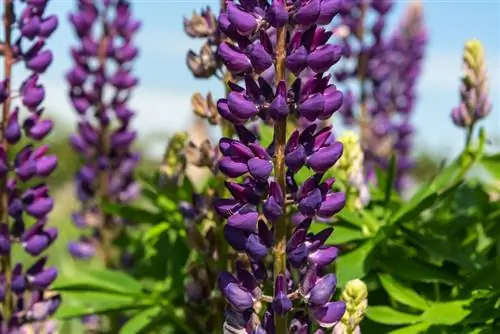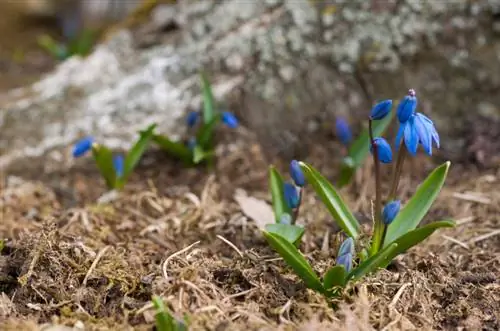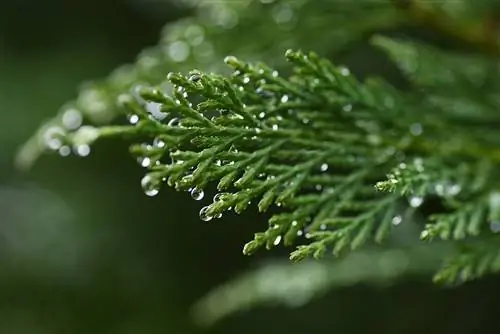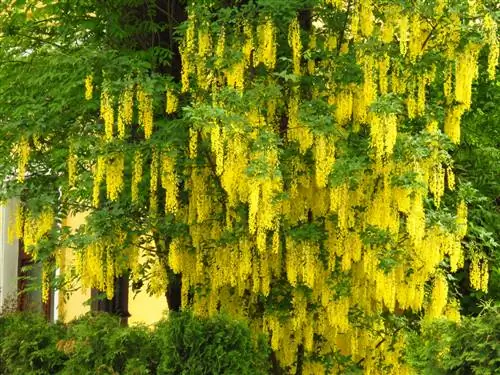- Author admin leonars@hobbygardeners.com.
- Public 2023-12-16 16:46.
- Last modified 2025-01-23 11:20.
Leaves and seeds of lupine in the garden or in pots contain alkaloids that are toxic to people, pets and also horses and sheep. Therefore, it is better not to plant lupins if children and dogs are often in the garden.
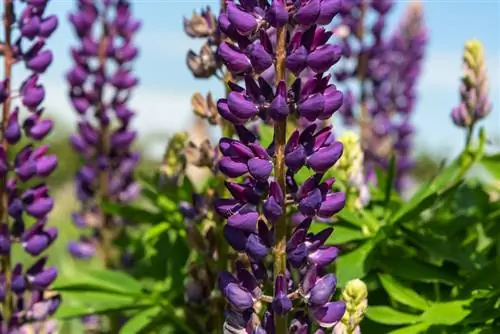
Are lupins poisonous to people and pets?
Lupins contain toxic alkaloids in their leaves and seeds that can be dangerous to people, pets, and horses and sheep. Poisoning manifests itself in restlessness, paleness, sweating, vomiting, shortness of breath and cardiac arrest. If you suspect medical attention should be sought immediately.
The seeds in particular are poisonous
Neither leaves nor seeds of ornamental lupins may enter the human or animal organism. Only wild animals can tolerate the alkaloids of lupine and do not show any symptoms of poisoning after consumption.
It is not exactly known at what quantity the toxic effect begins. However, it can be assumed that just consuming one pod will cause significant discomfort.
This makes lupine poisoning noticeable
- Unrest
- paleness
- Sweating
- Vomiting
- Shortness of breath
- Cardiac arrest
If parts of the lupine have been accidentally ingested, the person affected should drink plenty of water. If a whole pod or more has been consumed, medical attention is necessary.
The doctor ensures that the poison gets out of the body and also administers charcoal tablets to bind the harmful substances. If the victims are pets, the vet on duty should be contacted immediately.
If it is suspected that parts of lupins have been ingested, relatives should contact one of the poison control centers.
Don’t let seeds ripen
The greatest danger comes from the seed capsules, which have a fascinating effect, especially on children.
Always cut off spent inflorescences straight away so that pods cannot even develop.
Tips & Tricks
The sweet lupine, which is grown as a protein-rich food, is not poisonous, unlike the ornamental lupine. The alkaloid content has been reduced to a safe level through breeding.

